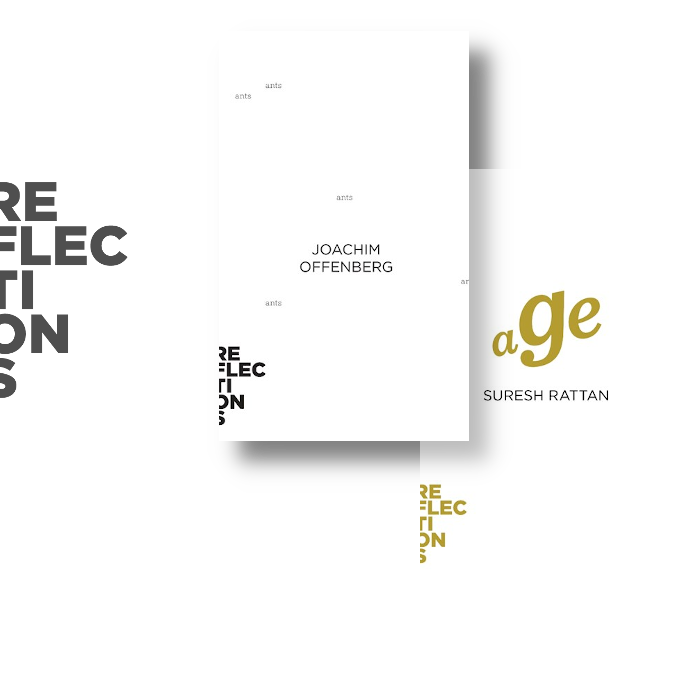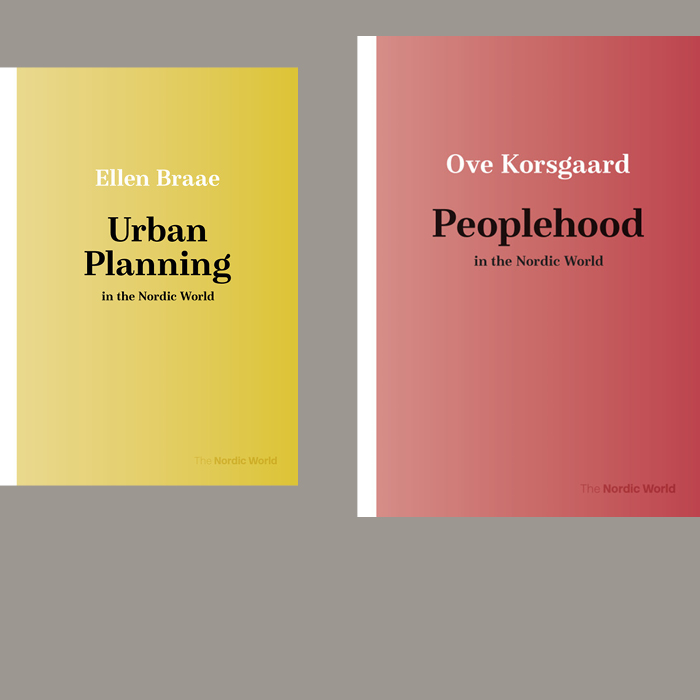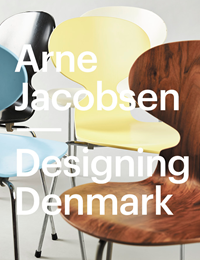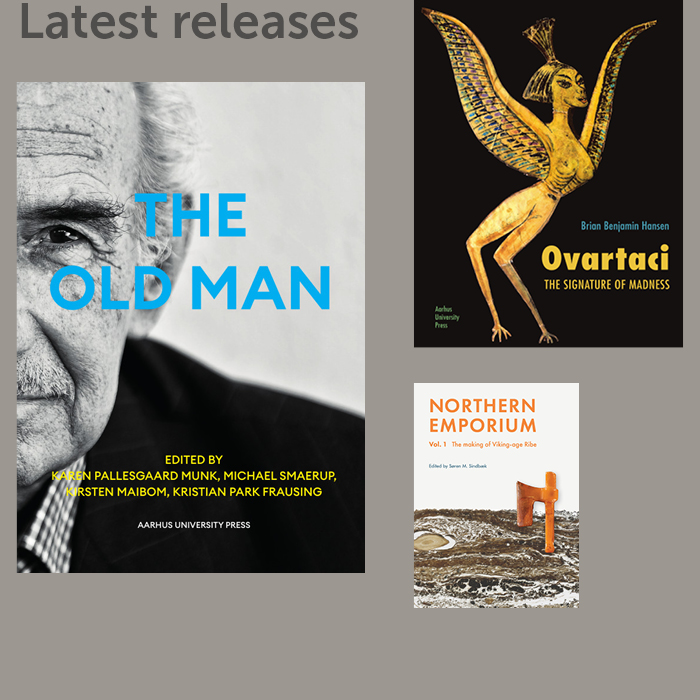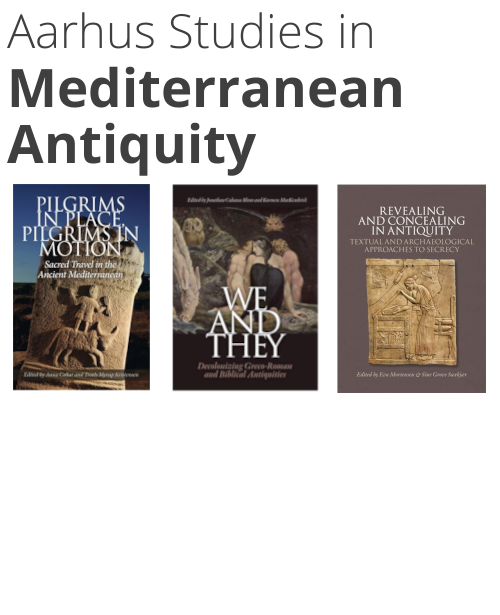
Hama and Jabla
Watercolours 1931-1961 by the Danish architect Ejnar Fugmann
A part of the series Proceedings of the Danish Institute in Damascus (2) , and the subject area Art
Out of stock
With contributions by
P.J. Riis
More about the book
About the book
Ejnar Fugmann served as architect-in-chief on two Danish archaeological expeditions to Syria, first to Hama (1931-38) and much later to Jabla (1958-61). He was a skilled artist and spent much of his spare time painting watercolours of local monuments and daily life. While he also painted scenes from other parts of Syria such as Aleppo and Krak de Chevaliers, his portraits of Hama and Jabla are especially compelling for the witness they bear to two towns before modern development changed their appearance irrevocably.
In addition to the waterwheels on the Orontes and other scenes from daily life, his watercolours from Hama show the 'Azm and Kilani mansions, the Han Rustam bazaar, the Great Mosque and the Abul-fida Grave Mosque, presented in their cultural and historical context. The Jabla watercolours focus on scenes in the town, by the harbour and around the expedition house.
This handsome volume is introduced by P.J. Riis, who participated in the excavation of Hama and directed the Jabla expedition. He provides an especially vivid account of Hama in the 1930s, with its horse-drawn cabs and constantly turning waterwheels. Hama and Jabla offers a colourful window on a world that no longer exists. It will interest armchair time travellers as well as serious students of Islamic architecture and history.
Table of contents
Ejnar Fugmann and his Syrian Watercolours
An Introductory Contribution by P.J. Riis
Hama 1931-1938
Hama in the 1930s
Jabla 1958-1961
Selected Literature
Press reviews
Hans Munk Hansen, Arkitekten
"I sin helhed er bogen dog i høj grad se- og læseværdig [...]"
